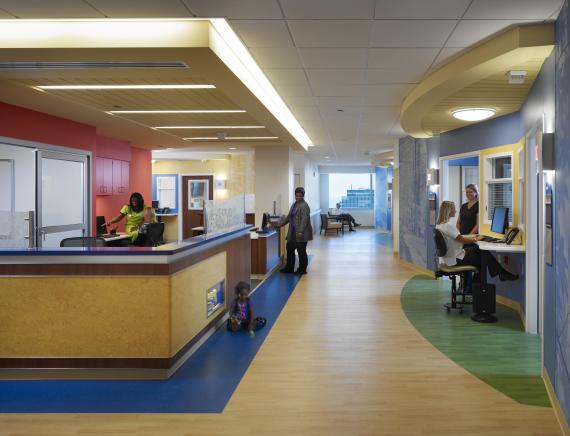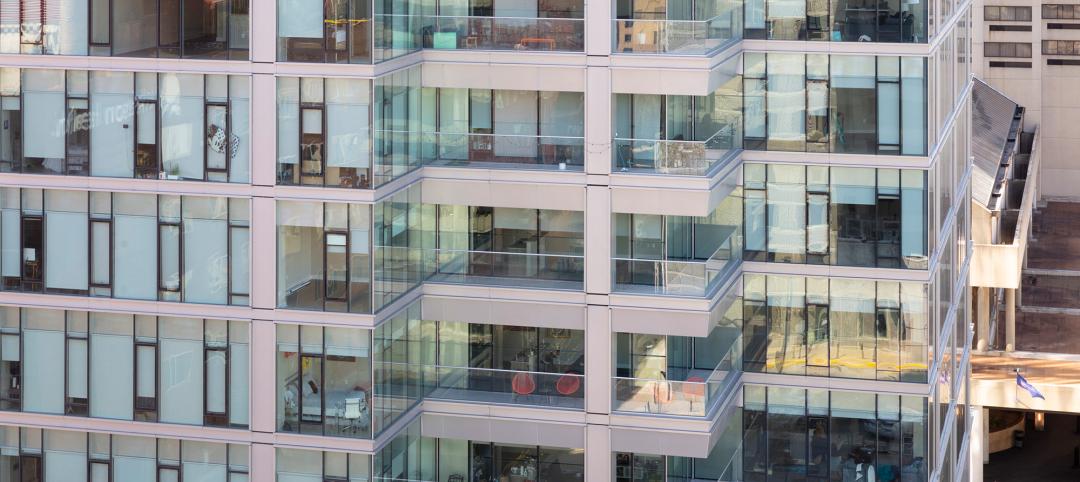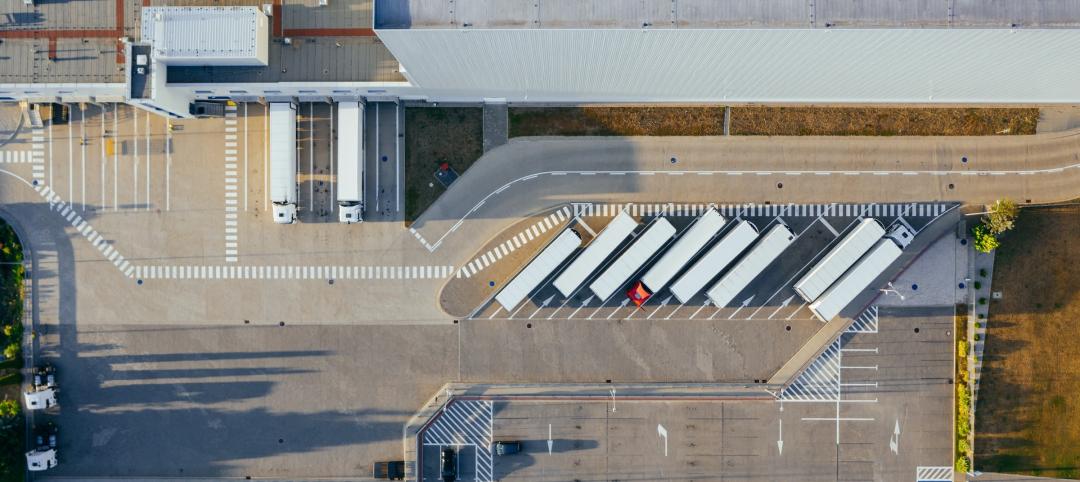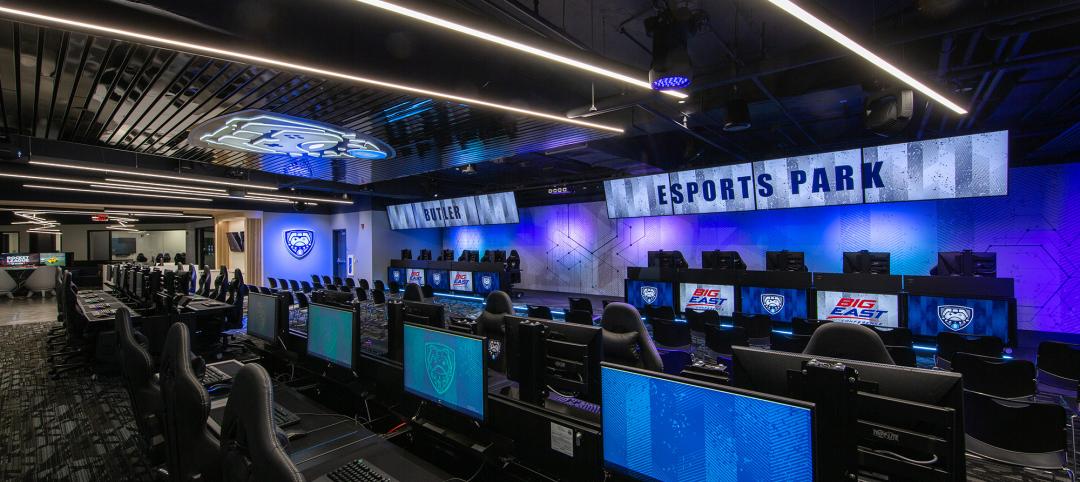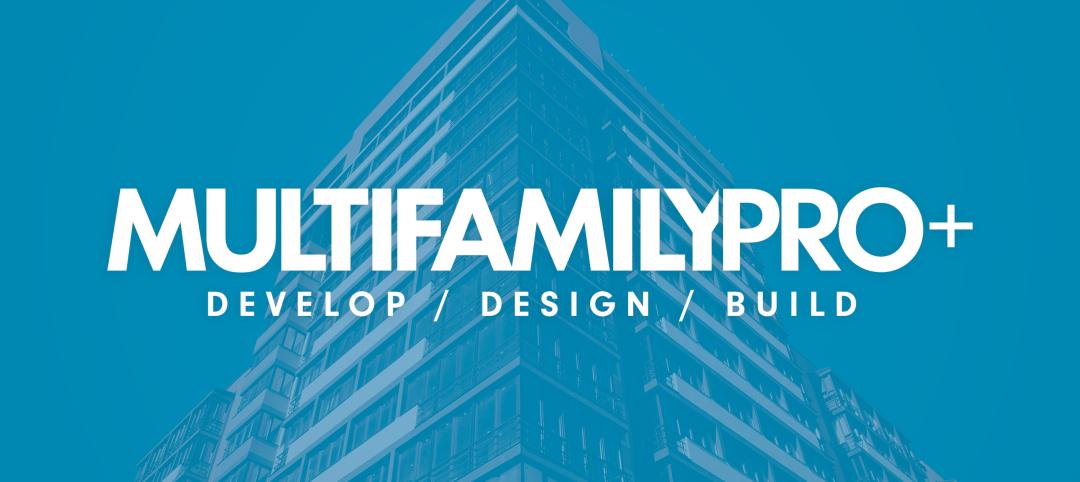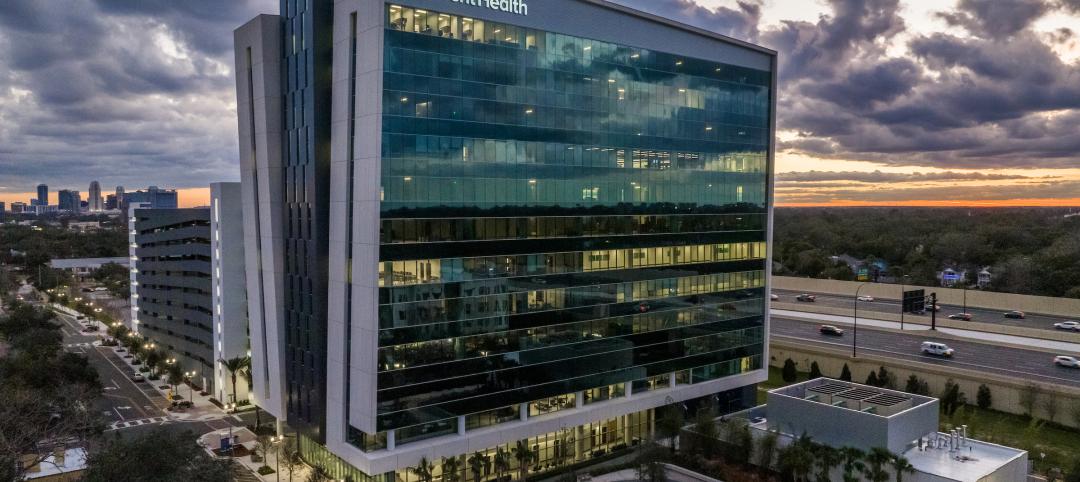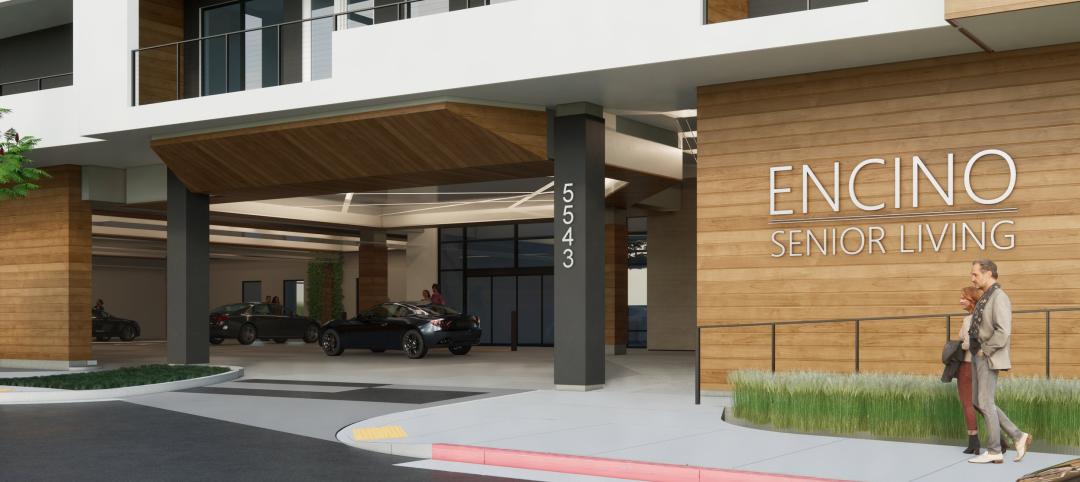Nine out of 10 healthcare providers say the Affordable Care Act (ACA) will be a “step forward” in addressing long-term health issues in the United States once it is fully established, and 83 percent say it is good for Americans, according to a survey of more than 190 healthcare leaders by Mortenson Construction.
The providers did not make an unqualified endorsement of the ACA, however. A full 86 percent say the ACA needs major changes or revisions.
Providers are excited about opportunities to improve while worried about the transition under way. Nearly four out of five, or 79 percent, say health reform is creating significant uncertainty for their organizations and the healthcare industry.
Tellingly, 74 percent predict it will challenge their organization’s financial condition with 72 percent saying it already has.
Other insights:
• Overall optimism about the future of U.S. healthcare among healthcare providers dropped from 85 percent optimistic in 2012 to 60 percent optimistic in 2013
• Four out of five say the ACA will successfully shift reimbursements to pay for the quality of outcomes
• 71 percent say it will improve quality and outcomes, and 65 percent say it will lower the cost of care
• 95 percent of healthcare providers believe specialized facilities, such as MRI centers, cancer centers and urgent care centers will grow in prominence in the next three years
“The healthcare market is in the process of adapting to a new normal,” said Bob Nartonis, Senior Vice President and National Healthcare Market Leader at Mortenson. “Many institutions are rethinking their basic assumptions regarding how they should operate going forward, understanding that there are new rewards for those who can successfully adapt and unwanted consequences for those who cannot.”
To understand the impact of the Affordable Care Act on healthcare providers and their facilities, Mortenson spoke to healthcare professionals at the Healthcare Design Conference in November to better understand these issues and the impact on design and construction trends. More than 190 professionals provided feedback, including healthcare administrators and facilities leaders, architects, and academics.
The new models for healthcare delivery and payment are requiring new approaches to healthcare facilities. With the pressing need to become more efficient and cut costs, they are emphasizing more flexibility in facility design and layouts that make it easier for patients to find their way around and for multi-disciplinary teams to work together. They also are relying more heavily on innovative technologies and project delivery methods to streamline construction to improve success.
Mortenson is one of the leading healthcare contractors in the U.S. and has completed more than 18.5 million square feet of healthcare construction and renovations nationwide in the past 10 years.
Download a free copy of the 2014 Mortenson Construction Healthcare Industry Study.
Related Stories
Office Buildings | Oct 16, 2023
The impact of office-to-residential conversion on downtown areas
Gensler's Duanne Render looks at the incentives that could bring more office-to-residential conversions to life.
Giants 400 | Oct 11, 2023
Top 100 Industrial Sector Architecture Firms for 2023
Ware Malcomb, Arcadis, Stantec, and Gresham Smith top the ranking of the nation's largest industrial facility sector architecture and architecture/engineering (AE) firms for 2023, as reported in Building Design+Construction's 2023 Giants 400 Report.
Products and Materials | Oct 10, 2023
‘Works with WELL’ product licensing program launched by International WELL Building Institute
The International WELL Building Institute (IWBI) recently launched the Works with WELL product licensing program. Works with Well certification allows manufacturers to demonstrate that their products align with WELL strategies.
Mass Timber | Oct 10, 2023
New York City launches Mass Timber Studio to spur more wood construction
New York City Economic Development Corporation (NYCEDC) recently launched New York City Mass Timber Studio, “a technical assistance program to support active mass timber development projects in the early phases of project planning and design.”
Government Buildings | Oct 10, 2023
GSA names Elliot Doomes Public Buildings Service Commissioner
The U.S. General Services Administration (GSA) announced that the agency’s Public Buildings Service Commissioner Nina Albert will depart on Oct. 13 and that Elliot Doomes will succeed her.
Esports Arenas | Oct 10, 2023
Modular esports arena attracts more than gamers
As the esports market continues to grow to unprecedented numbers, more facilities are being developed by universities and real estate firms each year.
Higher Education | Oct 10, 2023
Tracking the carbon footprint of higher education campuses in the era of online learning
With more effective use of their facilities, streamlining of administration, and thoughtful adoption of high-quality online learning, colleges and universities can raise enrollment by at least 30%, reducing their carbon footprint per student by 11% and lowering their cost per student by 15% with the same level of instruction and better student support.
MFPRO+ News | Oct 6, 2023
Announcing MultifamilyPro+
BD+C has served the multifamily design and construction sector for more than 60 years, and now we're introducing a central hub within BDCnetwork.com for all things multifamily.
Giants 400 | Oct 5, 2023
Top 175 Healthcare Architecture Firms for 2023
HDR, HKS, CannonDesign, Stantec, and SmithGroup top BD+C's ranking of the nation's largest healthcare sector architecture and architecture/engineering (AE) firms for 2023, as reported in Building Design+Construction's 2023 Giants 400 Report. Note: This ranking includes revenue related to all healthcare buildings work, including hospitals, medical office buildings, and outpatient facilities.
Biophilic Design | Oct 4, 2023
Transforming the entry experience with biophilic design
Vessel Architecture & Design's Cassandra Wallace, AIA, NCARB, explores how incorporating biophilic design elements and dynamic lighting can transform a seemingly cavernous entry space into a warm and inviting focal point.


